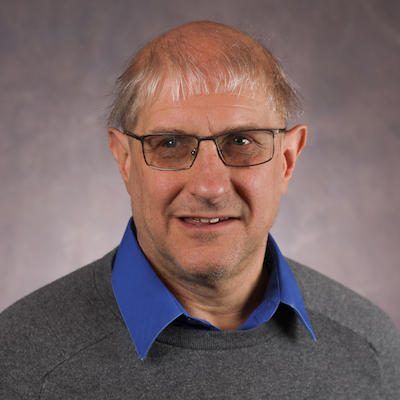As citizens we often lament that our political choices are diminished by powerful forces outside our control, especially big money. However, we voters can increase the strength and effectiveness of our participation if we simply take advantage of the resources that we already have.
Unfortunately, rather than use those resources, some persons make choices that actually decrease the impact of their political work. Here are three choices that you should NOT do if you want to make a difference.
Register as an independent
Most states have closed primaries, meaning a person can only participate in the primary if they are already registered with that particular party. While some 24 states have open Presidential primaries, only a few states have open primaries for state and Congressional races. In states with closed primaries, voters registered as independents do not have an opportunity to vote.
Some people register as independents because they are alienated by the partisan nature of contemporary party politics. They do not want to think of themselves as partisans, so they register as independents. This choice, however, is counterproductive in a state that has closed primaries.
Primaries are arguably a more important forum for political participation than general elections, because primaries determine who gets on the general election ballot. If you don’t participate in the primary, either by registering as an independent or by not voting, you are delegating the choices for the general election to the most partisan voters in the electorate, since strongly partisan voters are much more likely to vote in primaries and contribute to campaigns.
If you want to diminish the level of partisanship in politics in states with closed primaries, you should select a party and then be sure to vote. Choosing not to choose is a choice that guarantees more partisan polarization during an election season, not less.
Fail to use the tax check-off system
The influence of political action committees and large-dollar donors may be the primary reason that our current governmental system is so grid-locked. The recent rise of small-dollar donations is a very encouraging sign, but many people still feel left out because they believe they have no discretionary dollars to donate to political parties or candidates.
In Kentucky, however, you can donate to a political party when you file your state income taxes. Kentucky permits filers to donate $2 to the party of their choice. This choice does not increase your taxes; it comes out of the taxes you would pay anyway.
Under current law, half of the money goes to the state party and half to the county party where you live. As an example, there are currently nearly 350,000 voters registered as Democrats in Jefferson County. If even half of those voters made use of the state tax check-off, well over $100,000 would accrue to the Jefferson County Democratic Party to fund their office and staff, and thereby strengthen local grassroots political efforts. Instead, because so few people take advantage of this simple check-off, much of the effort of party leaders is siphoned off planning fund-raising events.
Fail to use voter guides
Many people elect not to participate in electoral politics because they feel like they do not have the time to research every candidate’s position on the issues. Fortunately, some of our news and public affairs organizations such as Kentuckians for the Commonwealth provide voting guides. In most online voter guides one can easily compare competing candidate’s answers to questions on salient issues that are the focus of the current campaign. Also, Forward Kentucky published candidate profiles for most of the candidates running for General Assembly seats in 2018. Once you find the right information sources, participation in politics and civic affairs becomes much more accessible and rewarding.
Conclusion
There are already substantial obstacles to getting the kind of governance we desire: governance of, by, and for the people. Let’s not make things worse by making bad choices. Instead, let’s start making a bigger difference by making wise choices with the resources and opportunities that are already available to us.
–30–







